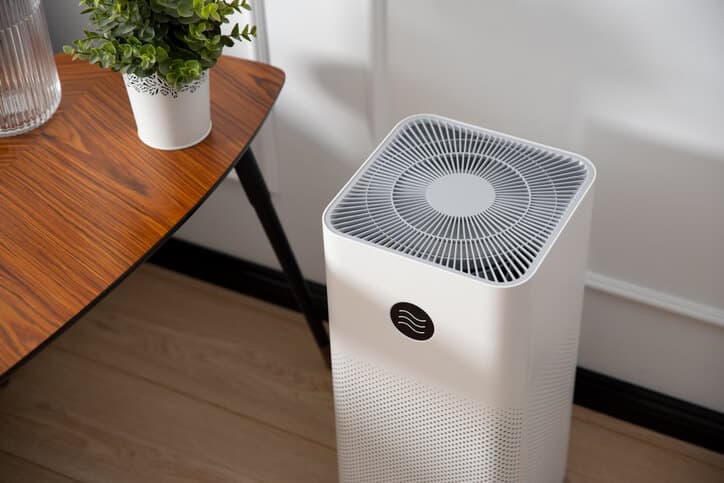Allergies and asthma are two of the most common respiratory problems people face today. They can cause a host of unpleasant symptoms, including coughing, sneezing, wheezing, and shortness of breath. While there are several remedies available for these conditions, one of the most effective ways to alleviate allergy and asthma symptoms is by using air purifiers.
But the question is, do air purifiers help allergies and asthma? In this blog post, we will explore whether air purifiers are effective in treating allergy and asthma symptoms.

How Do Air Purifiers Work?
Air purifiers work by removing air pollutants and contaminants from the air. These include allergens like pollen, mold spores, dust mites, and pet dander, which are often the main triggers of allergy symptoms. By removing these particles from the air, air purifiers can help improve the overall air quality in your home, which can, in turn, reduce the frequency and severity of allergy symptoms.
How Air Purifiers Help Asthma Symptoms
Air purifiers can also be effective in treating asthma symptoms. Asthma is a respiratory condition that causes inflammation and narrowing of the airways, making breathing difficult. Airborne allergens and irritants like pet dander, dust mites, and smoke can trigger asthma attacks. The HEPA filters in air purifiers can capture these airborne particles, reducing the concentration of allergens and irritants in the air and helping to prevent asthma attacks.
It’s also worth noting that air purifiers can be particularly beneficial for people with allergies and asthma, who often spend more time indoors. Outdoor air quality is beyond our control, but indoor air quality can be improved with the use of air purifiers, making it a safe haven for allergy and asthma sufferers.
Choosing the Right Air Purifier
While air purifiers can be effective in alleviating allergy and asthma symptoms, it’s important to choose the right air purifier for your needs. Look for air purifiers with HEPA filters, as these are proven to capture 99.97% of airborne particles as small as 0.3 microns. Some air purifiers also come with activated carbon filters, which can help remove odors and VOCs from the air. Additionally, make sure the air purifier’s CADR (Clean Air Delivery Rate) matches the size of the room in which it will be used.
What Air Filters to Avoid
Filters like the ionic electrostatic room cleaners release ions. This forces particles to attach to walls and other surfaces within the home. They are not effective at removing the particles from the air, and they also produce ozone, which is a known irritant.
Pittsburgh Allergy Care
In conclusion, air purifiers can be an effective way to alleviate allergy and asthma symptoms. By removing airborne allergens and irritants from the air, air purifiers can help improve air quality and reduce the frequency and severity of allergy and asthma symptoms.
However, it’s important to choose an air purifier that matches the size of the room where it will be used and has the appropriate filters to capture the particles that are triggering your allergy or asthma symptoms.
With that said, investing in a quality air purifier can be a game-changer for allergy and asthma sufferers, providing allergy relief and a higher quality of life.
If you are looking for allergy relief, Allergy & Clinical Immunology Associates offers allergy care that will help you reduce your allergy symptoms and lead a more comfortable life. Contact us today to learn more!